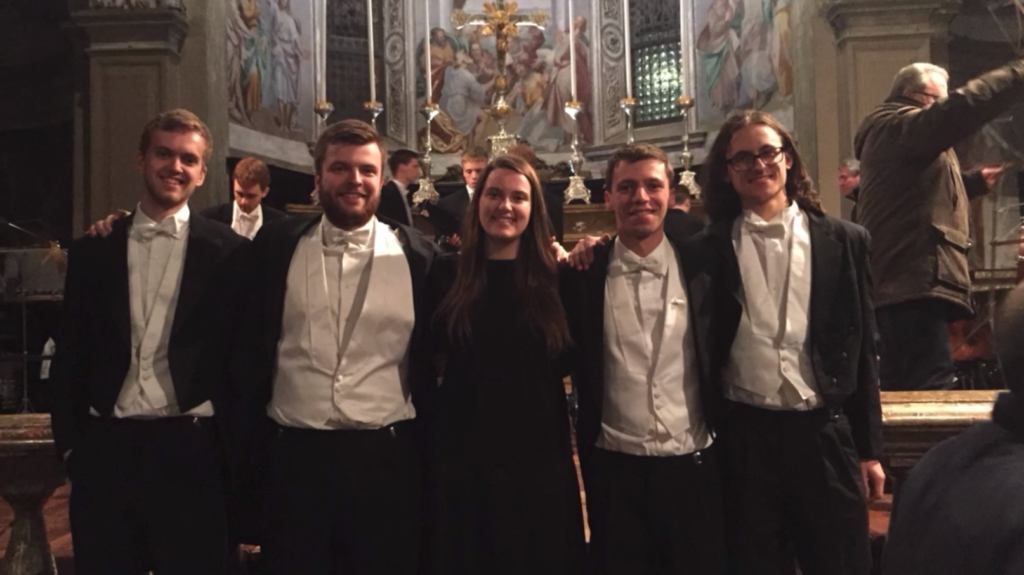
Private prayer is something that I am determined to make a priority in my life. I’ve blogged before about how I organize my prayer life but I’ve never blogged about finding the right environment for prayer.
We know from scripture that Jesus often withdrew to “lonely places” to pray and he also taught the concept of finding a “prayer closet” in which to get alone with God. Over the years I’ve found various prayer closets that worked well, but I want to share about one that I’ve found especially helpful over the past year.
I love to run on treadmills at the iGym, but it with my busy schedule it’s hard to justify much time for that. The thought occurred to me that if I could learn to pray while running I’d be doing two really good things at the same time. Redeeming the time!
So, more days than not, after some time in the Word I’ve started driving to the gym for my prayer time. It was a admittedly a bit distracting at first, but over time I’ve learned to block everything out around me and focus completely on my conversations with God. As you would expect, I select the treadmill which is under the ESPN TV screen (which doesn’t tempt me to look up in the least!) I also put on noise cancelling ear protectors to block out all the gym noise. Then I put my phone on “airplane mode,” and set it up on the tray with my prayer app open (described previously), and then launch into a focused session of prayer.
My goal is to meditate through my prayer list while running as fast as I reasonably can — without losing concentration. If I start to think about my running, I slow down. Over time my treadmill has become my sacred space. Here I’ve lifted up the needs of others while also receiving joy, guidance, conviction, inspiration and even brokenness. One day my spirit was so troubled by circumstances that it took me 10 miles to calm my restless heart! As strange as it may seem, my treadmill has truly has transformed into a sanctuary.
And here’s an extra bonus: I never get sleepy when I pray!
I share all this not to recruit anyone to pray in a gym but rather to encourage each of you to find your own private place — wherever that might be — to meet regularly with God in prayer. Make time with Him a priority in your daily schedule!
 Over Spring Break Lexi went to Northern Italy with the UNI Wind Symphony. She had a wonderful time playing the saxophone which she loves, getting to know her bandmates, and enjoying a new part of the world she’d never seen.
Over Spring Break Lexi went to Northern Italy with the UNI Wind Symphony. She had a wonderful time playing the saxophone which she loves, getting to know her bandmates, and enjoying a new part of the world she’d never seen.


 pun intended). It was a 17 page summary of a book on the history of Christmas. I was captivated — to the extent that I immediately bought the book and absorbed myself in it.
pun intended). It was a 17 page summary of a book on the history of Christmas. I was captivated — to the extent that I immediately bought the book and absorbed myself in it.

